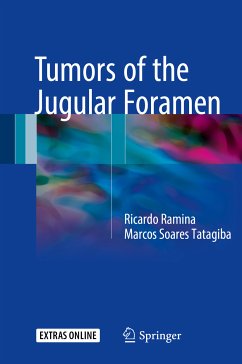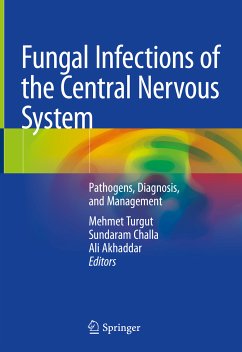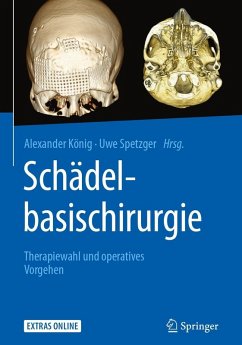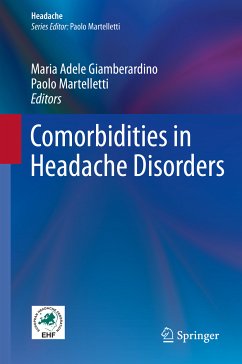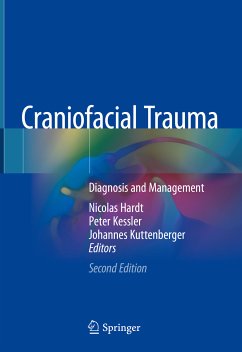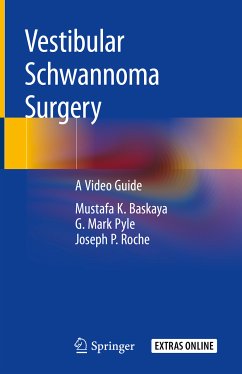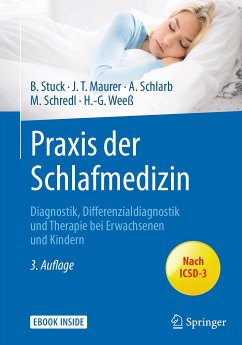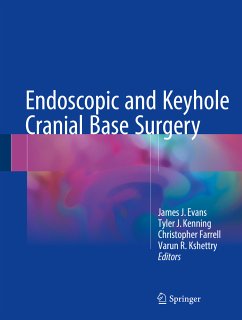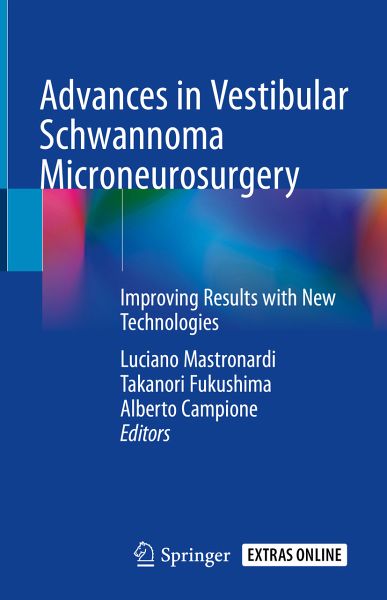
Advances in Vestibular Schwannoma Microneurosurgery (eBook, PDF)
Improving Results with New Technologies
Redaktion: Mastronardi, Luciano; Campione, Alberto; Fukushima, Takanori
Versandkostenfrei!
Sofort per Download lieferbar
68,95 €
inkl. MwSt.
Weitere Ausgaben:

PAYBACK Punkte
34 °P sammeln!
This volume describes the most relevant and cutting-edge technological news on the complex surgical procedure of acoustic neuroma. The clinical-radiological diagnosis and surgical indications are briefly presented and the surgical technique is illustrated step-by-step: video clips show the latest means of treating these patients. All these indications were prepared by highly experienced experts in the field, based on their personal experience.The new technologies discussed concern e.g. the intraoperative identification and position of the facial nerve, hearing preservation, techniques for dura...
This volume describes the most relevant and cutting-edge technological news on the complex surgical procedure of acoustic neuroma. The clinical-radiological diagnosis and surgical indications are briefly presented and the surgical technique is illustrated step-by-step: video clips show the latest means of treating these patients. All these indications were prepared by highly experienced experts in the field, based on their personal experience.
The new technologies discussed concern e.g. the intraoperative identification and position of the facial nerve, hearing preservation, techniques for dural closure, and the usefulness of laser and ultrasound aspirators. The book also discusses a number of ongoing projects, including those on: diluted papaverine for microvascular protection of cranial nerves, flexible endoscope for IAC control of tumor removal, fluid cement for bone closure, administering aspirin to control residual tumors larger than 7mm, and DTI for preoperativeprediction of the position of the facial nerve.
This is a highly informative presented book providing surgeon interested in acoustic neuroma with necessary information on modern technologies available for improving the results of patients.
The new technologies discussed concern e.g. the intraoperative identification and position of the facial nerve, hearing preservation, techniques for dural closure, and the usefulness of laser and ultrasound aspirators. The book also discusses a number of ongoing projects, including those on: diluted papaverine for microvascular protection of cranial nerves, flexible endoscope for IAC control of tumor removal, fluid cement for bone closure, administering aspirin to control residual tumors larger than 7mm, and DTI for preoperativeprediction of the position of the facial nerve.
This is a highly informative presented book providing surgeon interested in acoustic neuroma with necessary information on modern technologies available for improving the results of patients.
Dieser Download kann aus rechtlichen Gründen nur mit Rechnungsadresse in A, B, BG, CY, CZ, D, DK, EW, E, FIN, F, GR, HR, H, IRL, I, LT, L, LR, M, NL, PL, P, R, S, SLO, SK ausgeliefert werden.



